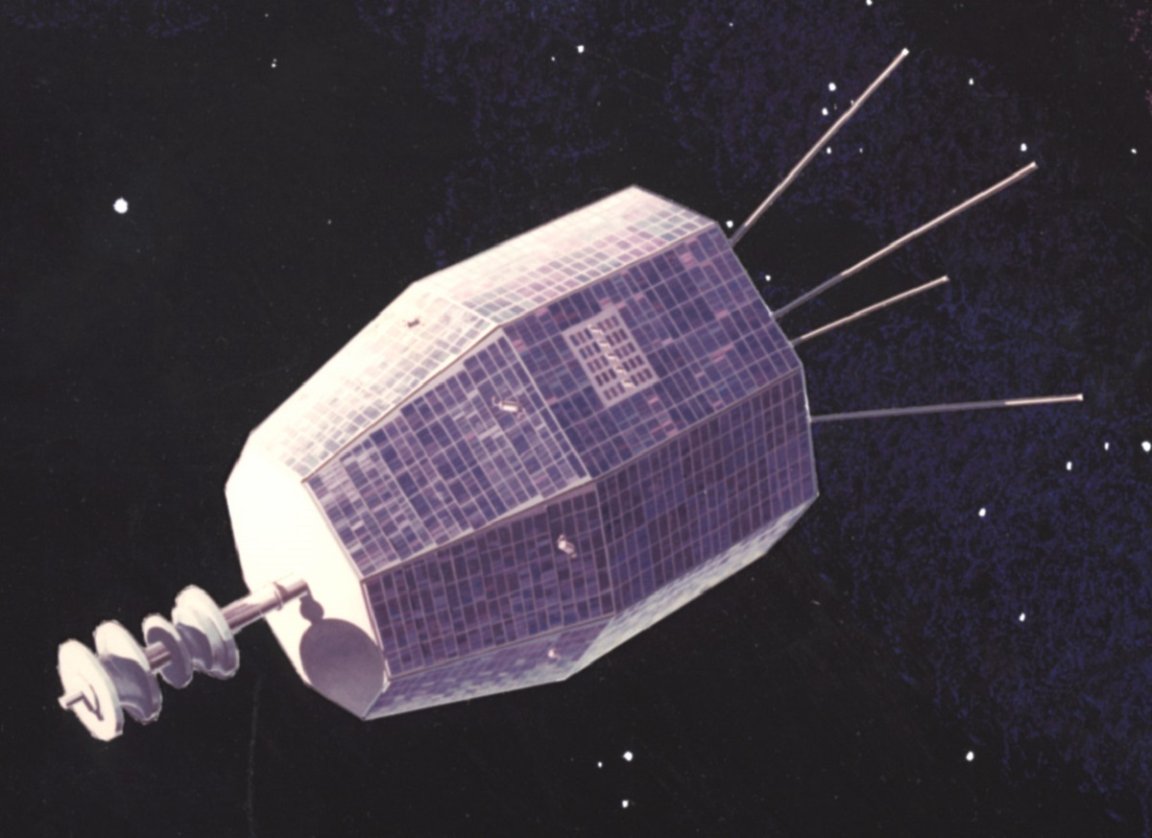
NASA’s experimental Relay 2 satellite had been dead in the sky since 1967 — until last summer, when it emitted a super-short and very powerful burst of energy out of nowhere.
In an interview with New Scientist, one of the researchers from Australia’s Curtin University who discovered the strange pulse coming off the dead communications satellite described his shock at finding the nearby source of that nanosecond-long energy blast.
Curtin astronomer Clancy James and his team had been using the Australian Square Kilometer Array Pathfinder (ASKAP) radio telescope array when they detected something so “loud” that it briefly outshone everything else in the night sky.
Even stranger, it turned out, the signal was coming from so close to Earth that ASKAP’s radio telescopes couldn’t all focus on it at once.
“We got all excited, thinking maybe we’d discovered a new pulsar or some other object,” James told New Scientist. “This was an incredibly powerful radio pulse that vastly outshone everything else in the sky for a very short amount of time.”
As explained in a new paper that’s now awaiting peer review, the Curtin researchers eventually traced the source of the pulse to NASA’s derelict Relay 2 — but that discovery raised more questions than answers.
Because Relay 2 had been dead for nearly 60 years, the Curtin team thinks that something either collided with the defunct communications craft that made it produce such a wild racket, or that electricity had been building up within it for so long that it resulted in a huge type of energy burst known as an “electrostatic discharge.”
As astrophysicist Karen Aplin of the UK’s University of Bristol told New Scientist, all the space junk crowding Earth’s orbit makes it nearly impossible to determine if either of those explanations, or any other, is correct. (That problematic crowding of Earth’s orbit, it’s worth pointing out, was not a pressing issue during Relay 2’s short life in the mid-1960s.)
“In a world where there is a lot of space debris and there are more small, low-cost satellites with limited protection from electrostatic discharges, this radio detection may ultimately offer a new technique to evaluate electrostatic discharges in space” explained Aplin, who was not involved in the research.
More on strange energy: Scientists Spot Mysterious Object in Our Galaxy Pulsing Every 44 Minutes